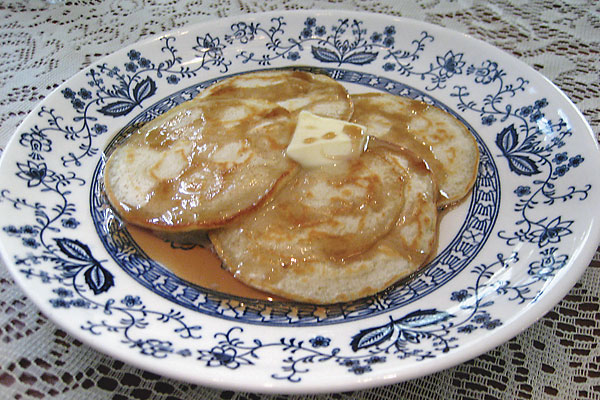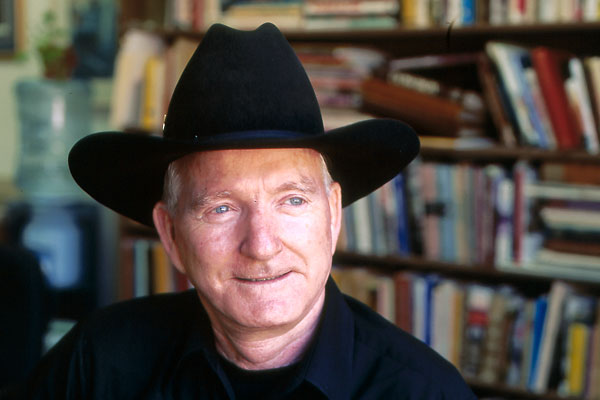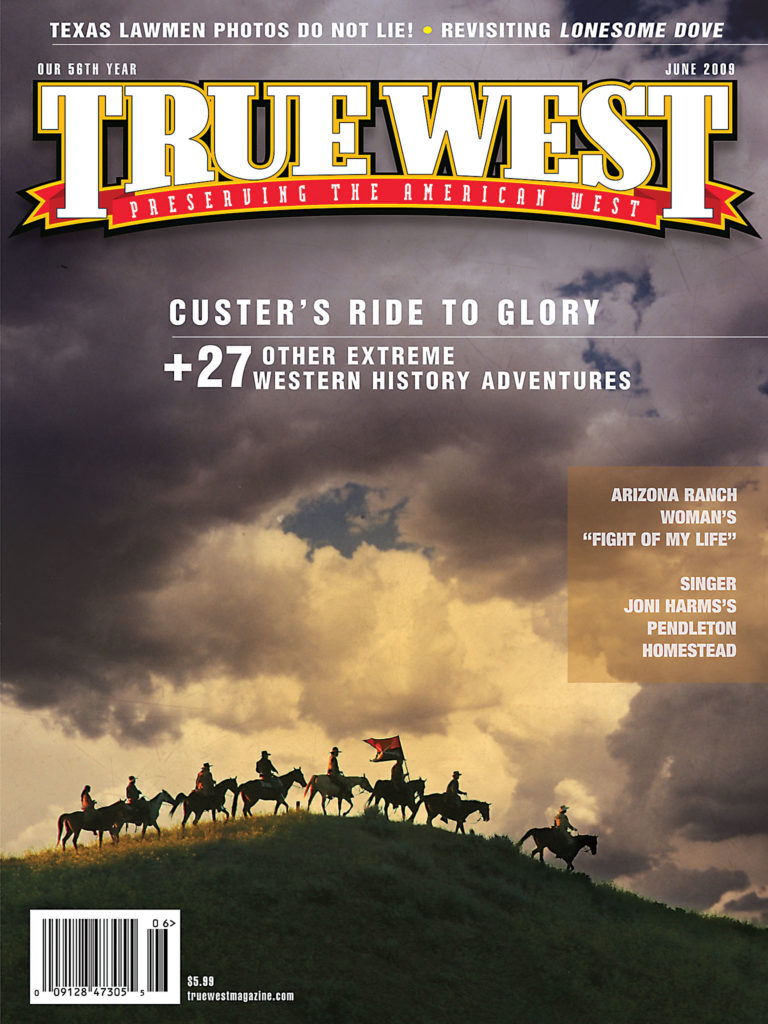 They were paid $20-$30 a month and were called names like Belly-cheater, Cooky, Coosie, Beef-trust, Dog face, Dutch, Beans, Punk, Grease-pot and Whistle-berry.
They were paid $20-$30 a month and were called names like Belly-cheater, Cooky, Coosie, Beef-trust, Dog face, Dutch, Beans, Punk, Grease-pot and Whistle-berry.
Being a chuckwagon cook in the Old West was a tough job. You only had certain ingredients to cook with, and you had to deal with unruly cowhands.
You know the old saying—never bring a knife to a gunfight? Well, that’s just what Frenchy the cooky should have remembered. John Baker was born a Texan in 1850, but he traveled to Wyoming, the Dakotas and New Mexico on cattle drives. He remembered Frenchy. “The belly-cheater on the Holt outfit was a fellow called Frenchy and a top cooky. Frenchy and a fellow named Hinton got into it over Hinton digging into the chuck box which was against Frenchy’s rule as it was with any good cooky. They did not want the waddies messing up the chuck box. Hinton seemed to get a kick out of seeing Frenchy get riled and would mess around the chuck box.
“The evening that the fight took place Hinton walked past Frenchy and dove into the chuck box. Frenchy went after Hinton with a carving knife and Hinton drew his gun. Frenchy was hit several times and Hinton was cut in a number of places … cooky kept diving in close and slashing, finally he drove the knife into Hinton’s breast and they both went to the ground and died a few minutes later.”
So this guy lost his pants to a couple of cows. I bet you were waiting for the punch line—well, there isn’t one; this is a true story! The multitasking Julius McKinney was preparing the noon day meal, while he was also washing his clothes. Not wanting to be naked, he fashioned a shirt and pants from used corn sacks. After finishing up a pan of biscuit dough, he went to check his clothes. To his dismay, they were gone. Looking down river he saw two cows chewing on his clothes. Texas waddy Bill Kellis reported, “these two bovines were noted as the worst chewers on the ranch.” McKinney tried to chase the clothes, but to no avail. Kellis noted, “he could never face the boys all dressed up in his corn sacks; they would razz him to death. Knowing that he could never be seen in the corn sack suit he determined to get away somehow, so he mounted one of the wagon mules and rode for San Angelo, fifty miles away, the nearest place at which he could purchase shirt and pants.”
Some of the belly-cheaters were a little rough around the edges, as Texas waddy E.L. remembered, “The belly-cheater would have chow ready before daylight in the morning. He would yell, ‘come an’ get yo’r hell,’ about the break of day. Some times he would yell, ‘washup snakes an’ come to it.’ When he yelled that we always calculated that he had a fair to middlin’ dish of nourishment shaped up…. The bread was sourdough gun wadding an’ often we were treated to saddle blankets. You greeners call it griddle cakes.”
“Gun wadding” is cowboy slang for a loaf of light bread, according to Scott Gregory’s book, Sowbelly and Sourdough. “Saddle blankets” or “griddle cakes” is the cowboy name for large pancakes.
Any reader of Jack Schaefer’s classic Shane recalls the mother’s delight at her Arkansas guest calling her flapjacks “flannel cakes.” They were also called that at Fort Omaha, Nebraska; have fun cooking up the above 1879 recipe.
Flannel Cakes, No. 2*
2 cups milk, warm
1 packet yeast
½ tsp. salt
2 ½ cups flour
1 ½ T. Butter, melted
1 egg
¼ cup milk, warm
Place two cups of milk into a large glass or earthenware bowl. Whisk in yeast and salt. Add the flour and stir to combine. Cover with plastic and allow to sit in a warm place overnight (like a microwave).
In the morning combine the butter and ¼ cup of milk in a small saucepan. Allow to warm, but not boil. Add to the yeast mixture and stir. Next, beat in the egg and stir.
Heat a griddle or non-stick frying pan over medium high heat. Grease with shortening or butter. Pour batter into pancakes and allow to cook until you see bubbles form. Flip with a spatula and cook a minute longer. Serve with butter and syrup. Makes about 12 medium pancakes.
*This recipe has been modified from the original, which appeared in the Manual for Army Cooks, 1879. The recipe was developed by the cooks at Fort Omaha, Nebraska.




